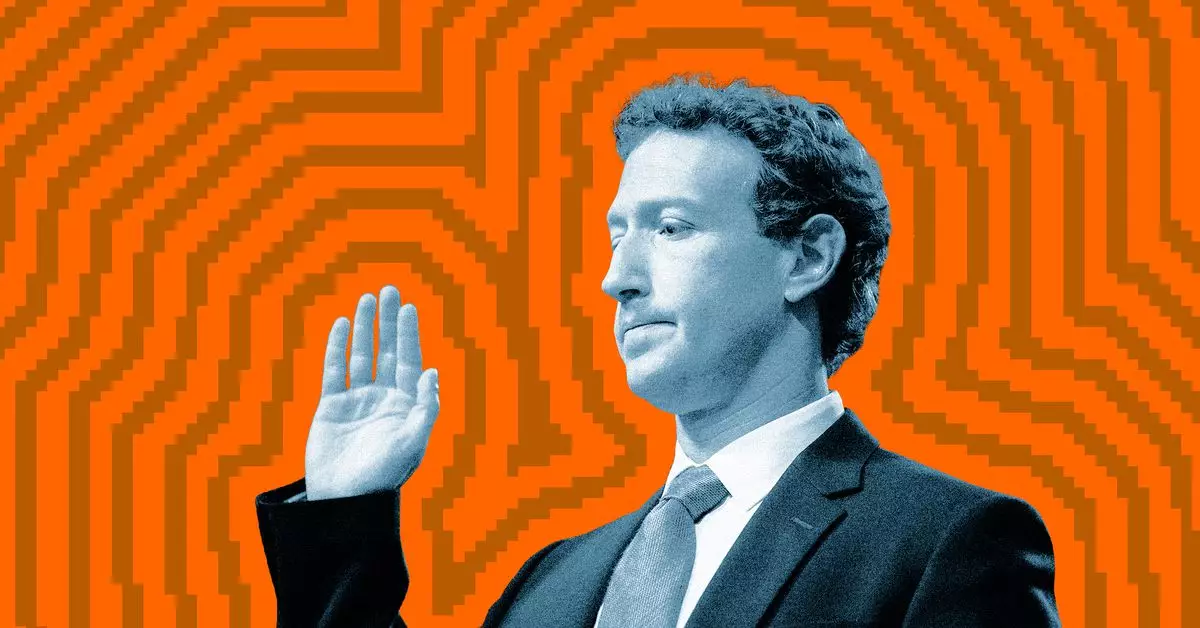In an age where technology pervades every aspect of life, the intersection of tech leadership and political influence raises critical questions about governance and accountability. Recently, Meta CEO Mark Zuckerberg’s dinner meeting with President-elect Donald Trump at Mar-a-Lago sparked a mix of intrigue and concern within the tech community and beyond. The implications of such high-profile interactions can significantly shape the landscape of American innovation, as both sectors increasingly intertwine.
Facebook, as a dominant social media platform, has played a controversial role in shaping political narratives, especially during the 2020 presidential race. Critics argue that the platform’s policies have enabled the spread of misinformation, influencing voter attitudes and behaviors. While Zuckerberg’s engagement with Trump may be perceived as an olive branch, it also underscores the growing scrutiny that tech giants face regarding their social responsibilities. Advocates for reform have suggested that Zuckerberg, along with other tech leaders, must bear the brunt of accountability regarding how their platforms impact democratic processes.
The history of Zuckerberg’s personal philanthropic efforts, including his donations to initiatives surrounding mail-in ballots, adds another layer to the narrative. These contributions have incited debates about whether philanthropic actions by tech moguls serve as genuine civic engagement or as a facade to shield them from criticism regarding the roles their companies play in political turbulence. The juxtaposition of Zuckerberg’s philanthropic endeavors against the alleged consequences of Facebook’s platform presents a complex picture that raises concerns about motives and outcomes.
Responses from the media have been mixed, with pointed criticisms highlighting the ethical dilemmas posed by such meetings. The involvement of high-profile figures in intimate gatherings often feeds a narrative of collusion, where corporate interests may usurp public accountability. Meta’s spokesperson Andy Stone’s remark that “it’s an important time for the future of American Innovation” reflects an effort to position the meeting as vital for the progress of technology. However, the subtleties of that assertion warrant scrutiny: at what cost does innovation come if it seeks to cultivate relationships with influential political figures?
As the tech industry faces calls for enhanced transparency and ethical governance, the implications of Zuckerberg’s interactions will likely resonate in broader discussions about the social responsibilities of technology leaders. Stakeholders—from consumers to policymakers—must demand accountability and work toward frameworks that ensure technology companies contribute positively to democratic processes rather than hinder them. The outcome of this meeting may serve as a critical indicator of how tech executives navigate their roles amid alarming challenges in a rapidly evolving political environment.
In closing, the dinner between Zuckerberg and Trump is emblematic of a larger trend wherein the boundaries between politics and technology blur, raising fundamental questions about the future of both American innovation and democracy itself.


Leave a Reply